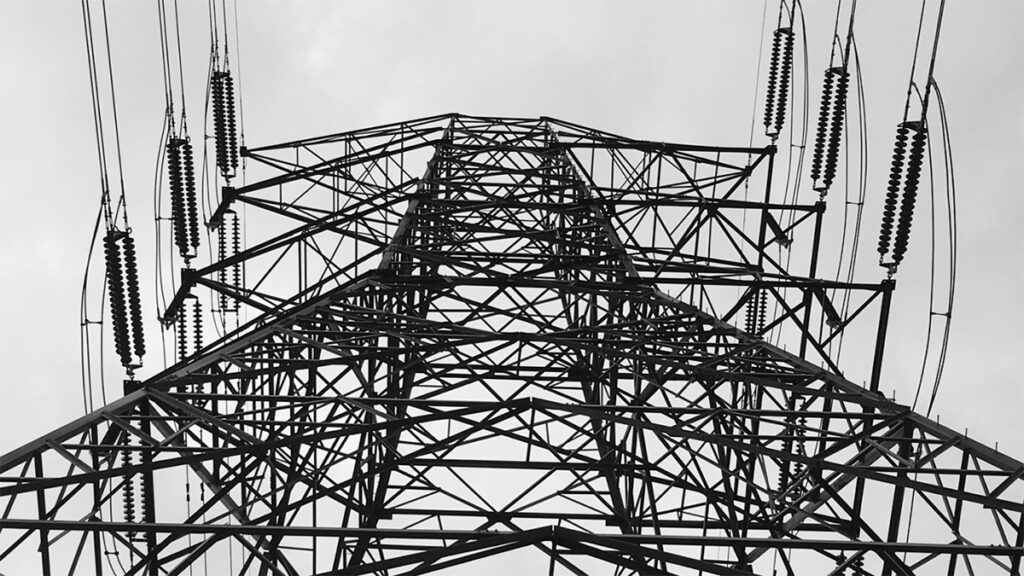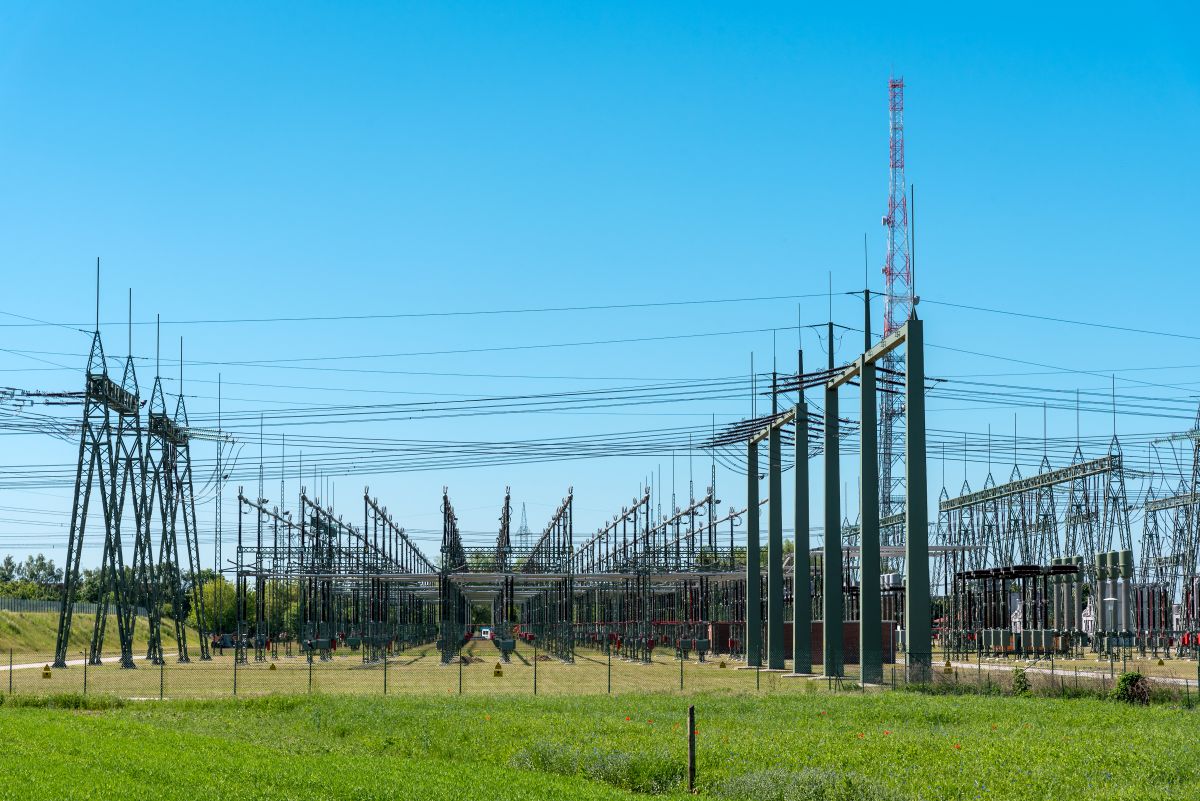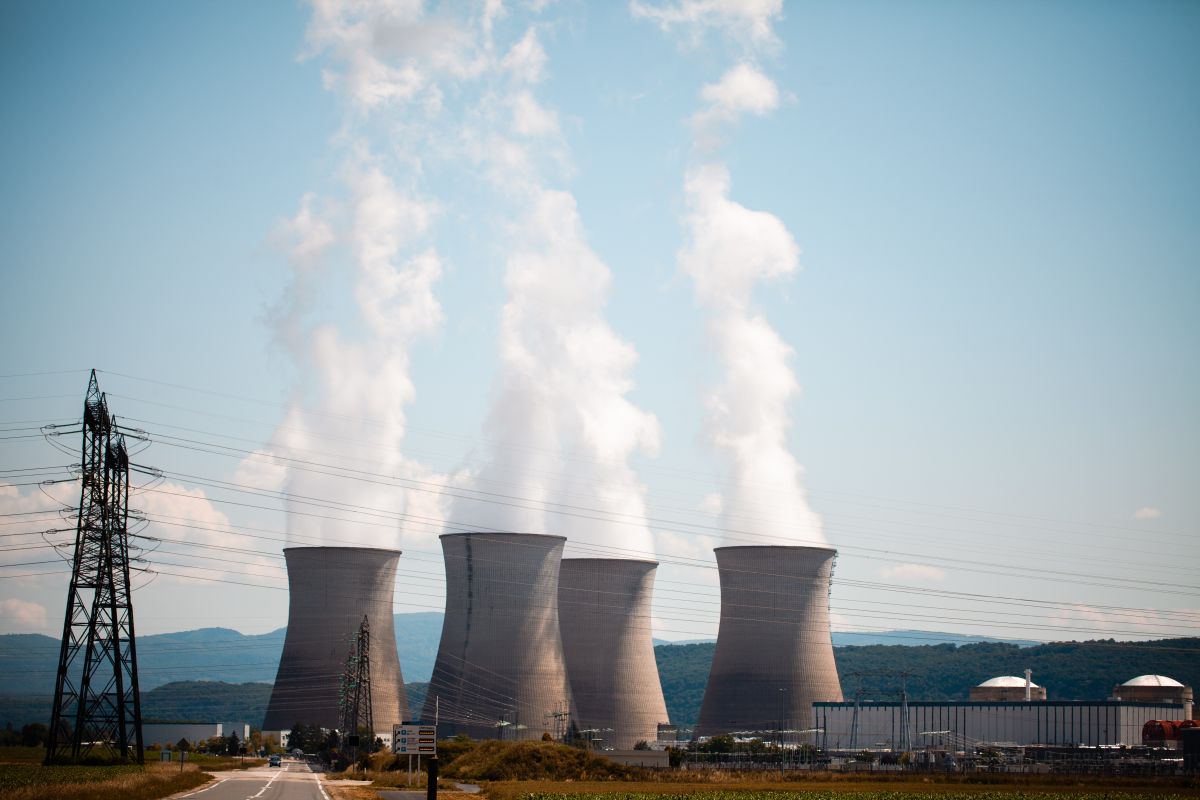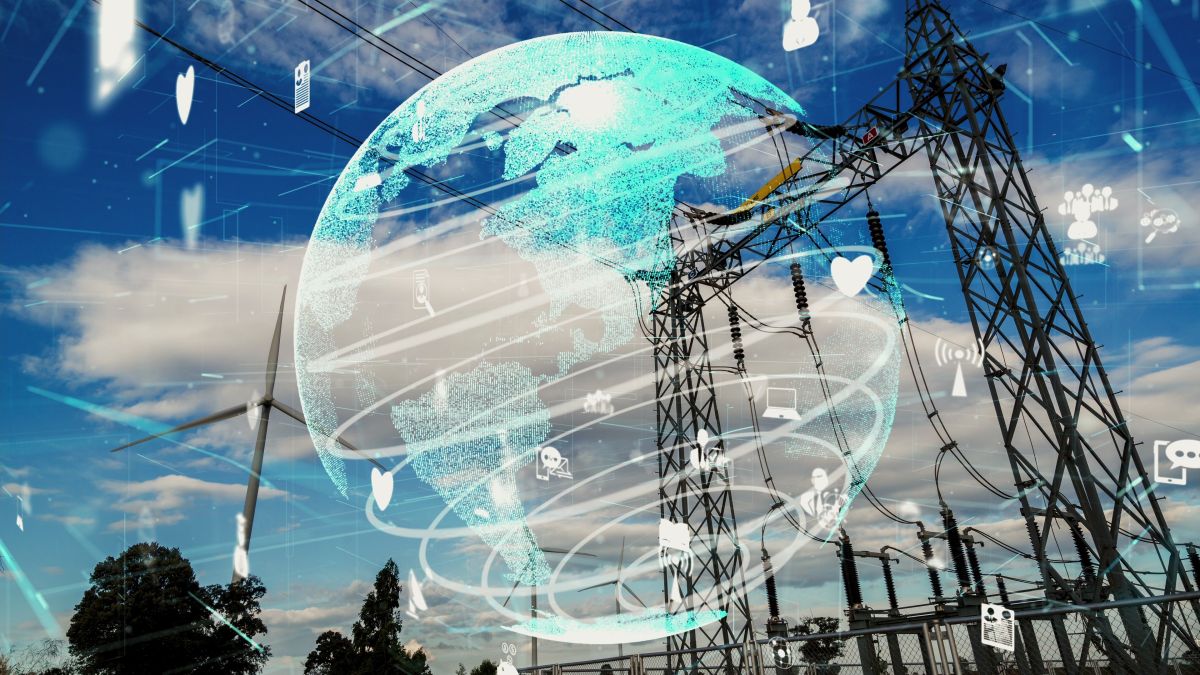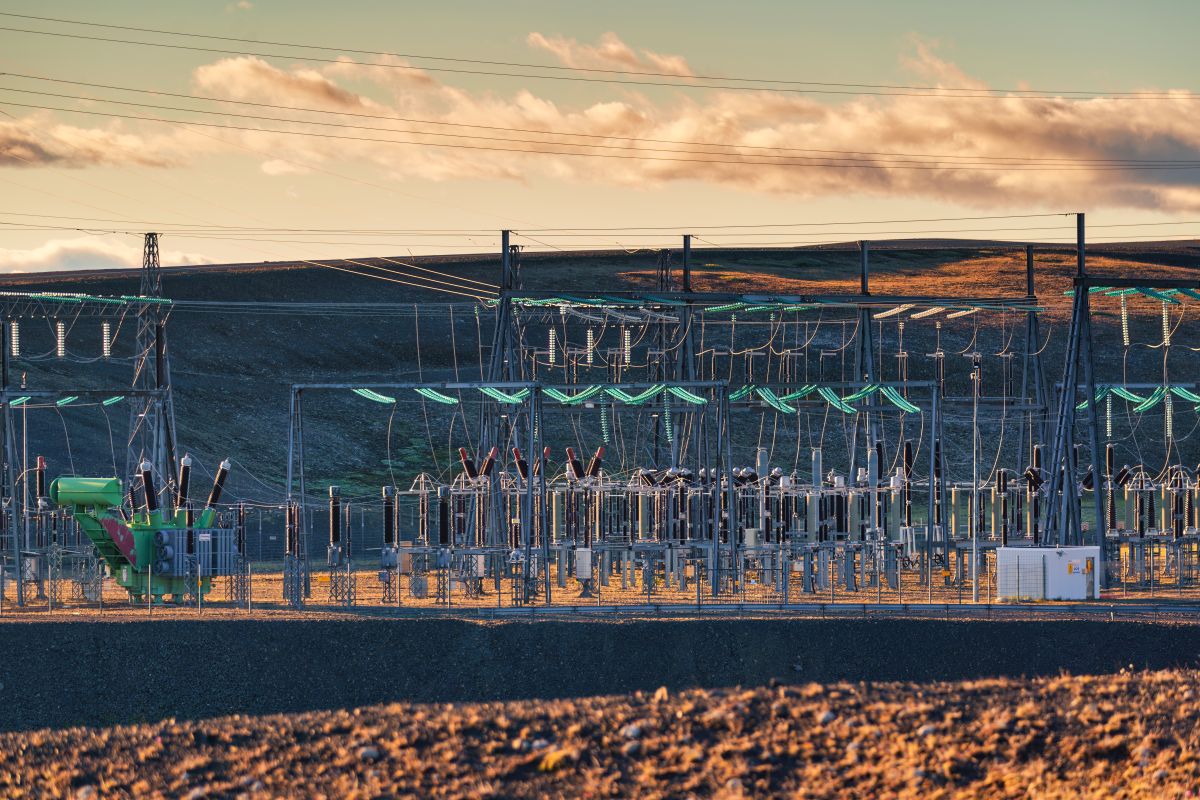According to the International Energy Agency (IEA), energy security is “the uninterrupted availability of energy sources at an affordable price.” The U.S. power grid is a massive infrastructure that consists of three separate grids, or self-contained interconnections of power production; divided into three major regions: Eastern, Western, and Texas Interconnections. The energy grid has three main elements: generation, transmission, and distribution. All parts of the grid, including power plants, transformers, transmission lines, and substations are essential for the energy grid and energy security. If anything happens to any part of the energy grid, it affects the ability of the U.S. to provide energy to the country.
Biggest Threats against the Energy Grid
The energy grid is affected the most by physical attacks, extreme weather, cybersecurity, and even wildlife. It is extremely important to defend the grid from different threats, as without energy, our world would come to a halt.
- Physical Threats to the Energy Grid
There has been a considerable increase in physical attacks to the energy grid in recent years. According to the Department of Energy, an increase of 77% was recorded last year. The year 2022 ended with a string of physical attacks on the U.S. electric grid. On Christmas Day, last year, three substations were “vandalized,” according to the Pierce County Sheriff’s Department, which caused more than 14,000 outages on the Tacoma Power and Puget Sound Energy systems. And earlier in December 2022, a firearms attack in North Carolina knocked power out to about 45,000 Duke Energy Customers.
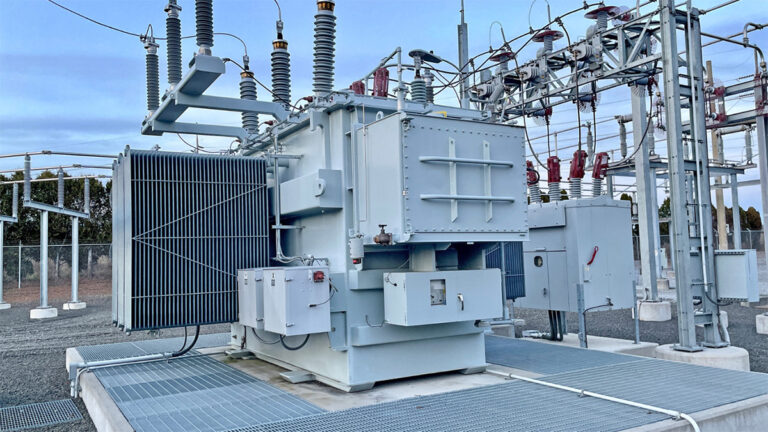
- Cybersecurity Threats to the Energy Grid
As stated by Security Intelligence in their article, ‘Today’s Biggest Threats Against the Energy Grid,’ the Threat Intelligence Index report says that out of the total number of cyberattacks responded to by X-Force during 2022, 10.7% were from the energy sector. This means energy was the fourth most attacked industry, with energy companies suffering 20% of the attacks.
According to the American Security Project (ASP), the 2020 Homeland Threat Assessment from the Department of Homeland Security stated that China has the capability and possible intent to compromise the energy grid. The 2021 threat assessment from the Office of the Director of National Intelligence, reiterated this concern. It mentioned that Russia, China, Iran, and North Korea have the capacity to harm the U.S. energy grid.
- Extreme Weather Threats to the Energy Grid
It goes without saying that extreme weather events like tornadoes, storms, and hurricanes can create havoc for the energy grid. The estimates made by the Environmental Protection Agency (EPA) suggest that extreme weather events like floods, droughts, and heat waves are increasing in frequency. There has been around a 67% increase in major power outages in the U.S. from extreme weather events, since 2000.
According to ASP, when Americans adjust their thermostats, protracted periods of extreme heat or cold can strain the energy grid. In June 2021, the Electric Reliability Council of Texas had to request Texans to reduce their use of electricity to conserve energy, due to unusually hot temperatures that put extreme pressure on the grid.
- Wildlife Threats to the Energy Grid
Wildlife, according to ASP, poses a ‘notable’ threat to the energy grid, causing the second most power outages in the United States. One database has compiled animal related power outages that took place from 1987 to 2019. They have estimated that out of approximately 2,524 animal related power outages, squirrels were responsible for over 50% of them. This means around 6 disruptions per month by squirrels, for 32 straight years. The other agents included in the research were birds, snakes, raccoons, rats, cats, martens, jellyfish, monkeys, and humans.
Reducing Vulnerabilities of the Energy Grid
The aging grid infrastructure and old technology make the energy grid vulnerable to attacks. The following are some points to consider in order to reduce the vulnerabilities of the grid:
- Protect networks
- Secure vulnerable infrastructure
- Update outdated infrastructure
- Update outdated technology and equipment to modern, cloud-based technology
Disclaimer: Any opinions expressed in this blog do not necessarily reflect the opinions of Certrec. This content is meant for informational purposes only.



